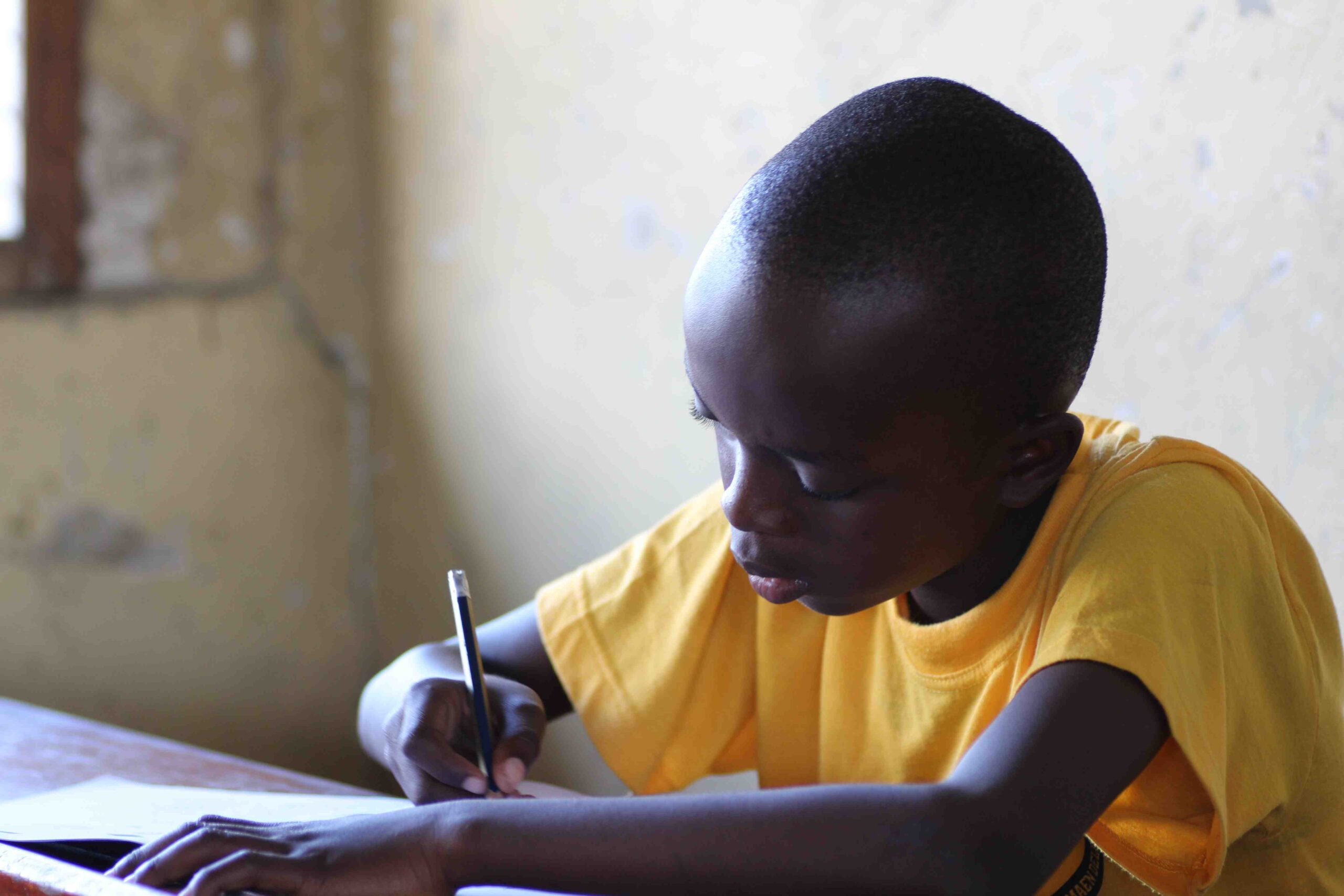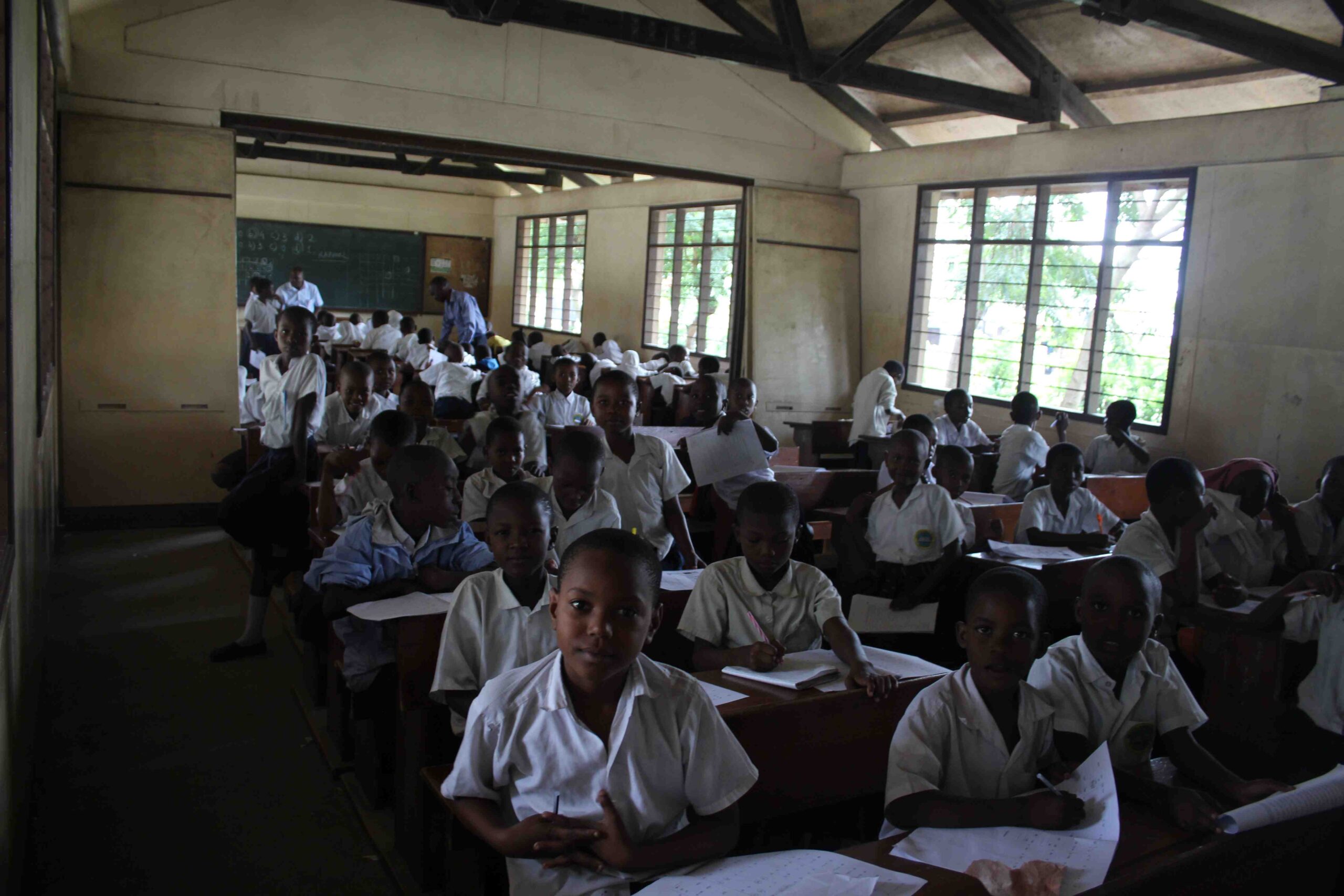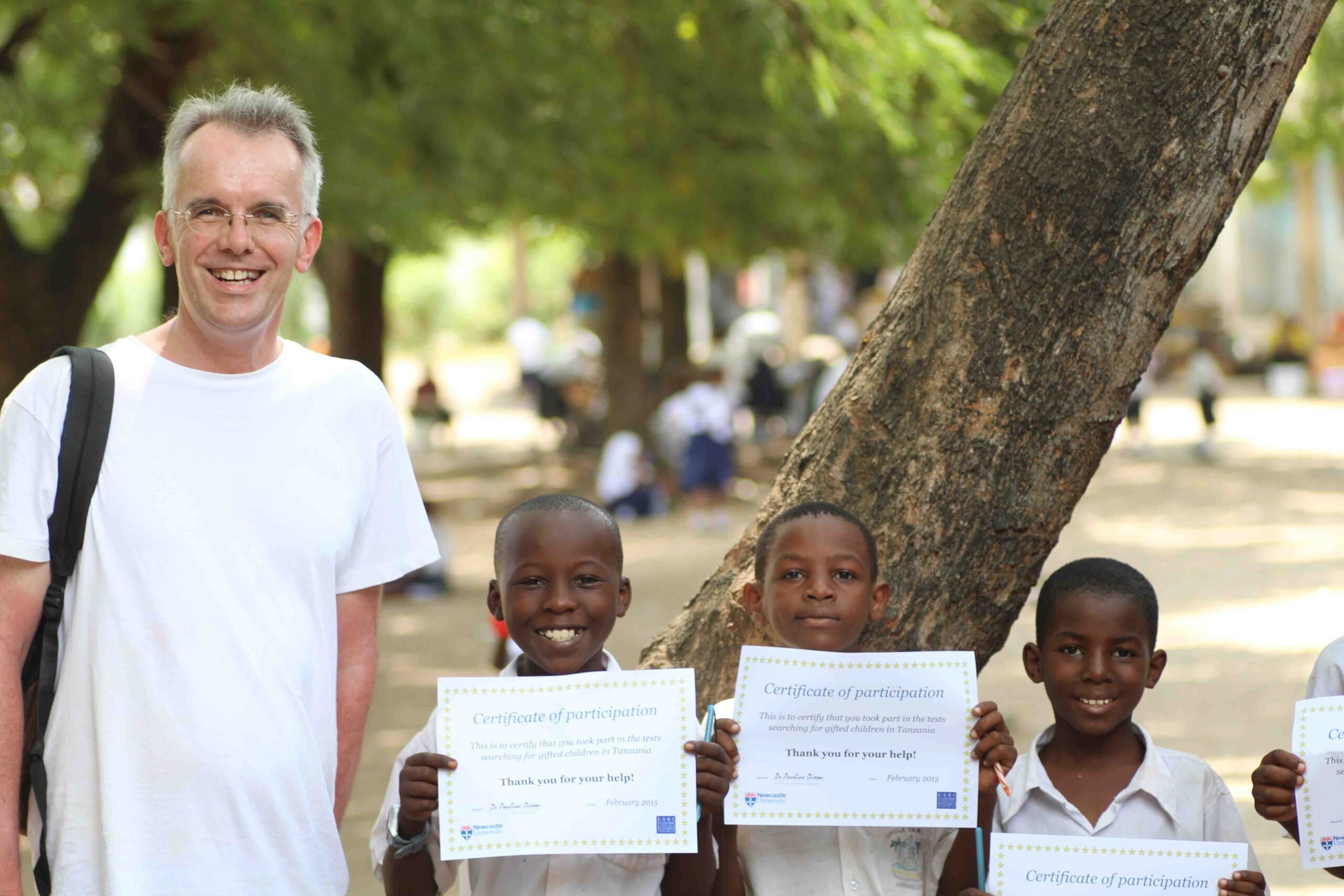TEDx Newcastle – Slum Super Stars
In July I was fortunate enough to be asked to present a TEDx talk in Newcastle. TED (Technology, Entertainment, Design) presentations are talks given around the world with the slogan ‘ideas worth spreading’. TEDxs are similar events recorded for posterity on the web.
You might think that after teaching for 21 years, lecturing at Newcastle University, presenting ‘Teacher TV’ and doing lots of DrMaths’ fun presentations, a TEDx would be a walk in the park. Well not so. I’d worked hard on my 10 minute presentation. Practiced it a number of times. BUT then on the day . . . sitting waiting for my turn, I kept thinking, “what do I say to start?”, “what’s on slide 5?”, “what comes after that?”, “what’s my name?” and other such questions you always think before a pressurised moment.
Then my turn came and I was on the stage. I knew I only had one chance to get it right. The cameras were rolling.”What was my name?” Oh, “yes”, I suddenly went into automatic pilot mode.
So, what was my TEDx talk about? I’ve been researching, for the last 3 years, with Professor Pauline Dixon and Dr Chris Haywood from Newcastle University, looking at ways of identifying and nurturing talented children who live in the poorest parts of the Kinondoni District, Dar Es Salaam, Tanzania.
In the search for talent we used a multi-dimensional approach devised from a theory first postulated by Professor Joseph Renzulli of Connecticut University, USA. His work has shown that no single criteria should be used to identify giftedness and what’s needed is to look at the interaction between three traits – ability, creativity and commitment. It is the intersection of these traits that can identify potentially talented children of the future.
In this blog I’m just going to talk about one aspect of this research – creativity.
We can say that being ‘creative’ is to look at the world in a novel and original way. It’s about having the ability to make fresh and insightful judgments.
So back to Dar Es Salaam.
To assess creativity we asked children, living in some of the poorest parts of the world, to assess their perceptions of their own creativity. We also asked teachers and parents their thoughts.
What did the children, teachers and parents think about creativity?
Over 71% of the children felt that they were ’emotional and sensitive’ and 65% stated that they liked to ‘take risks and be adventurous’, with more girls than boys saying that they liked to take risks. Responses to the other questions showed a more reserved side to the children’s own self creative image with only 23% feeling confident to say that they were ‘curious and liked to ask questions about everything and anything’.
In response to the question ‘I’m happy to be different. I am an individual’, 70% answered that this was ‘not like them’ and only 10% of the group saying it was ‘almost always like them’.
In Western schools, teacher nomination is one of the most common methods for identifying gifted students. However, research has shown that teachers tend to prefer gifted children who are low in creativity to those who are highly creative. Research has also shown that teachers tend to identify students who are ‘achievers’ and ‘teacher pleasers’ as gifted rather than creative students who may be disruptive or unconventional.
When our Tanzanian teachers were asked why they had nominated a specific child as gifted (they were asked to nominate three in their class) typical responses were very focused on classroom performance stating ‘does well in class’ ‘daily work’ ‘exams’ or ‘controls the class when I’m not there’ ‘leads others in the lesson’ ‘gives help to weak pupils’ ‘good at reading’ ‘good at English’ ‘quick, confident and smart’ ‘self-respect and clean’. No teacher used the word ‘creative’ or ‘creativity’ as a reason for nomination.
Interviews with the parents revealed a completely opposite view with regards to giftedness in relation to creativity. We surveyed a sample of around 170 parents about what they understood to be meant by being ‘gifted’; about one third used the word ‘creative’ or ‘creativity’ in their responses. Some examples included:
‘Is innovative, creative and inquisitively curious to know more’;
‘By looking at the way they do things differently’;
‘Is a child that does lots of great things which are creative using their brain and cooperating with other children’;
‘Creative and intelligent’;
‘Likes to create things’;
‘Write creative poems’.
Parents tended to link the word ‘creative’ with children being able to do things by themselves and acting as an individual. One quoted that the child who is gifted would ‘go into work that was creative’ when they grew up, another that ‘the child will be self reliant and create new ideas when they grow up’.
Overall our research has shown that talented creative children can be found living in the slums of sub-Saharan Africa. This research implies that there is a waste of human capital in Africa. As typically, governments and education officials believe that such children, who are first generation learners with illiterate parents are not capable of greatness. Also too few development experts believe that part of the solution to poverty can come from the poor themselves. Yet in Dar Es Salaam we found ‘Slum Super Stars’ waiting to be discovered, their contribution to economic growth of their country wasted as no one believes they exist. All they need is a chance – opportunity.
Hope you find my TEDx interesting.
Steve Humble (@DrMaths)
Newcastle University





